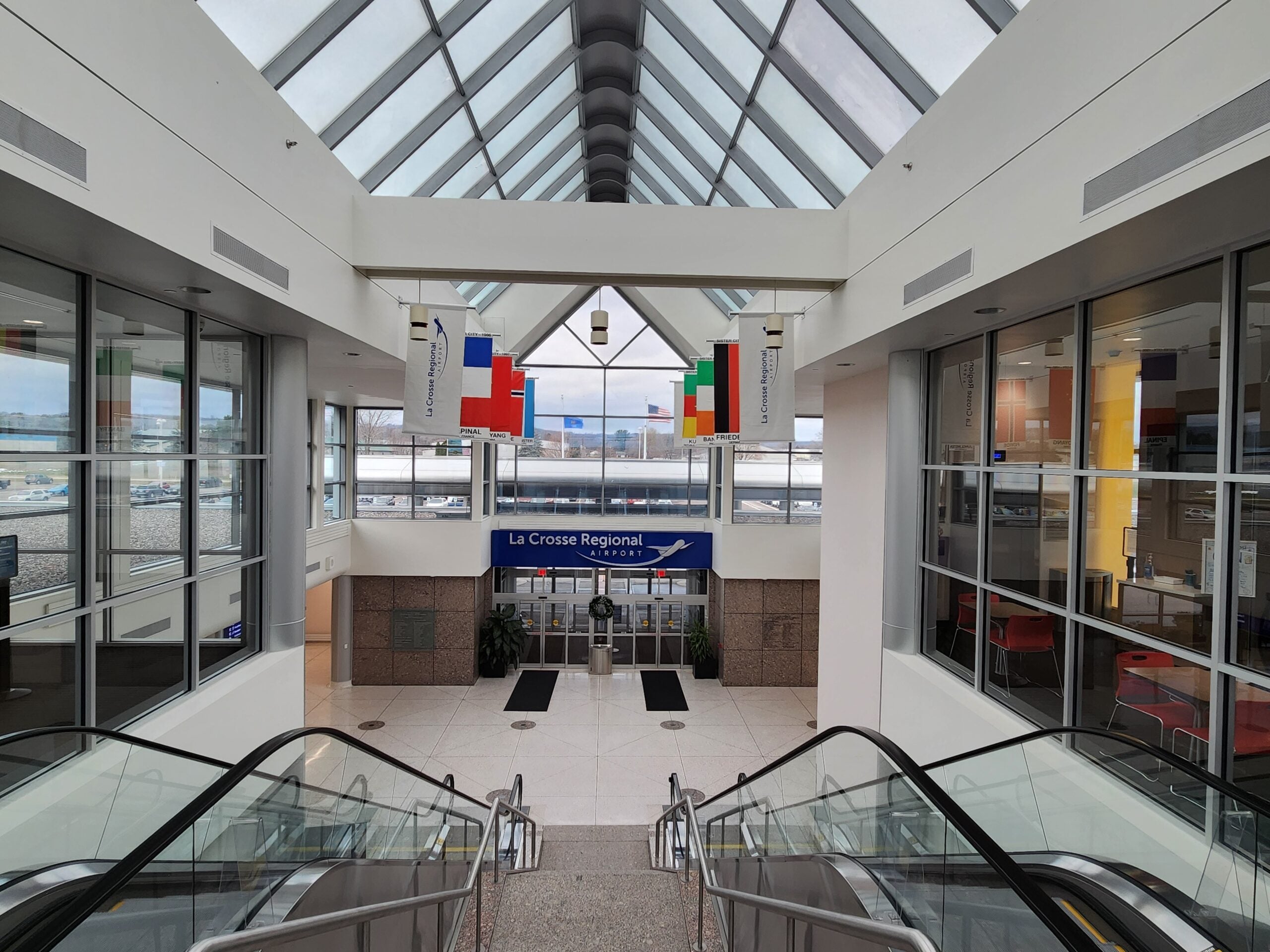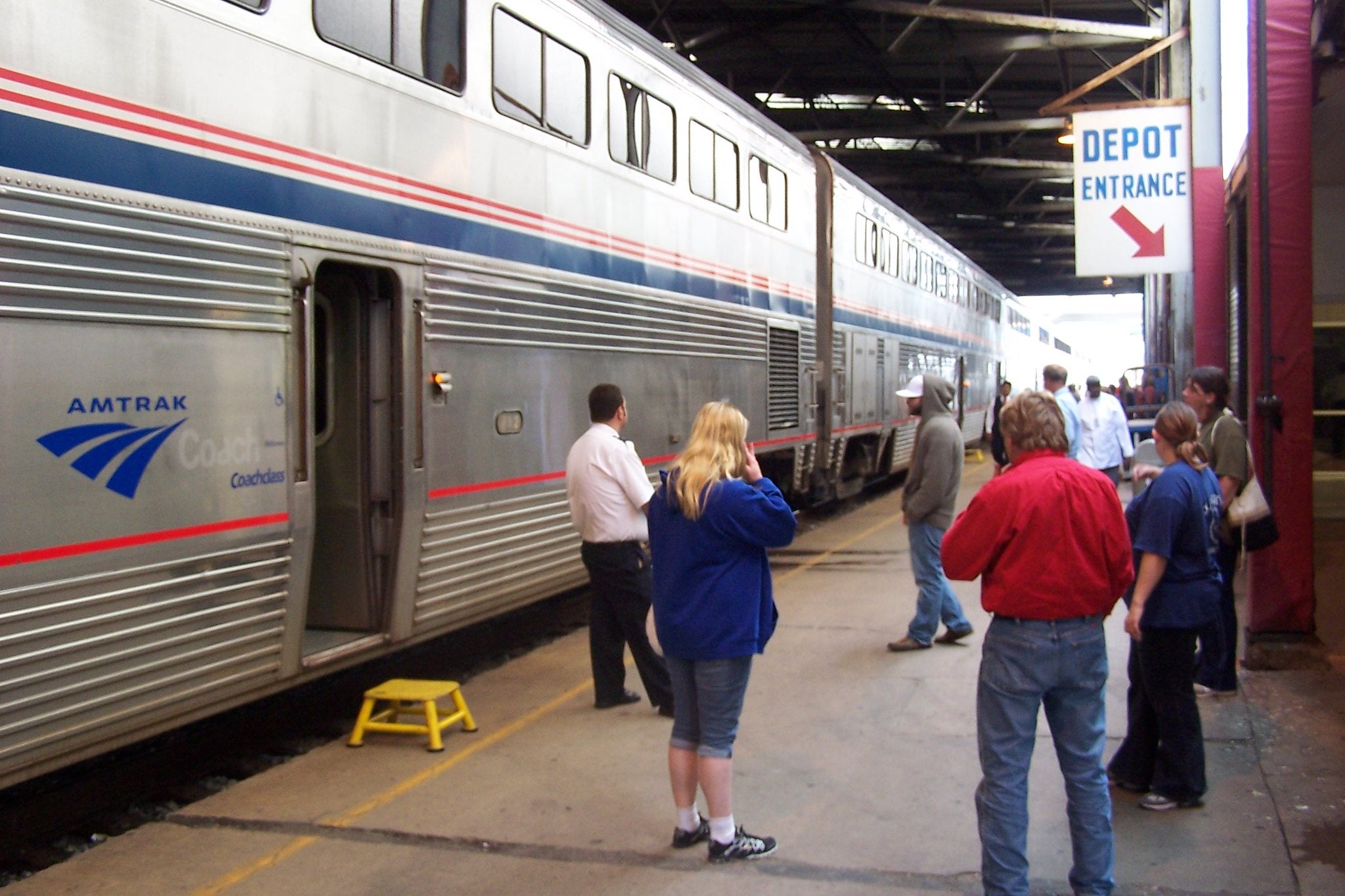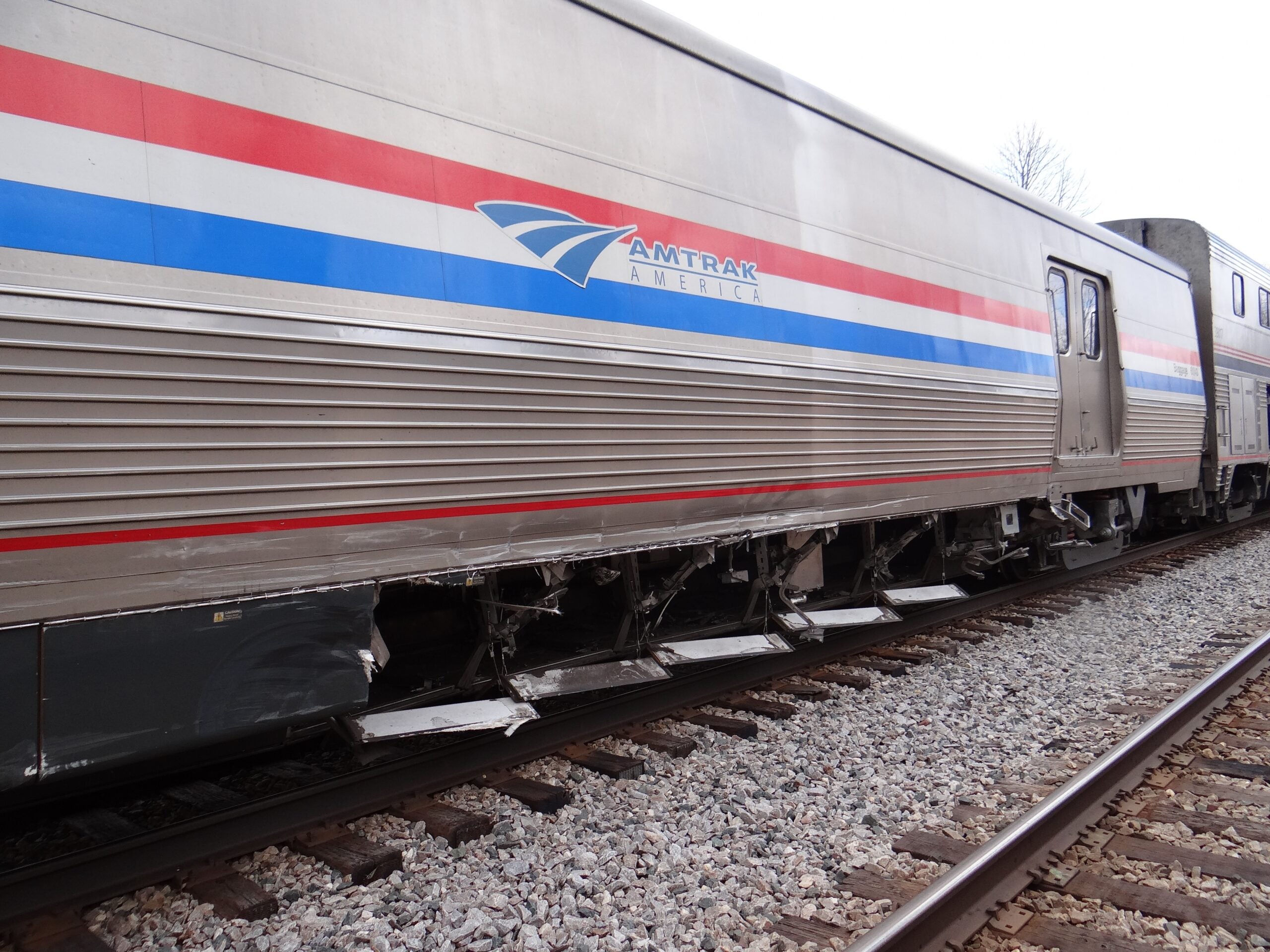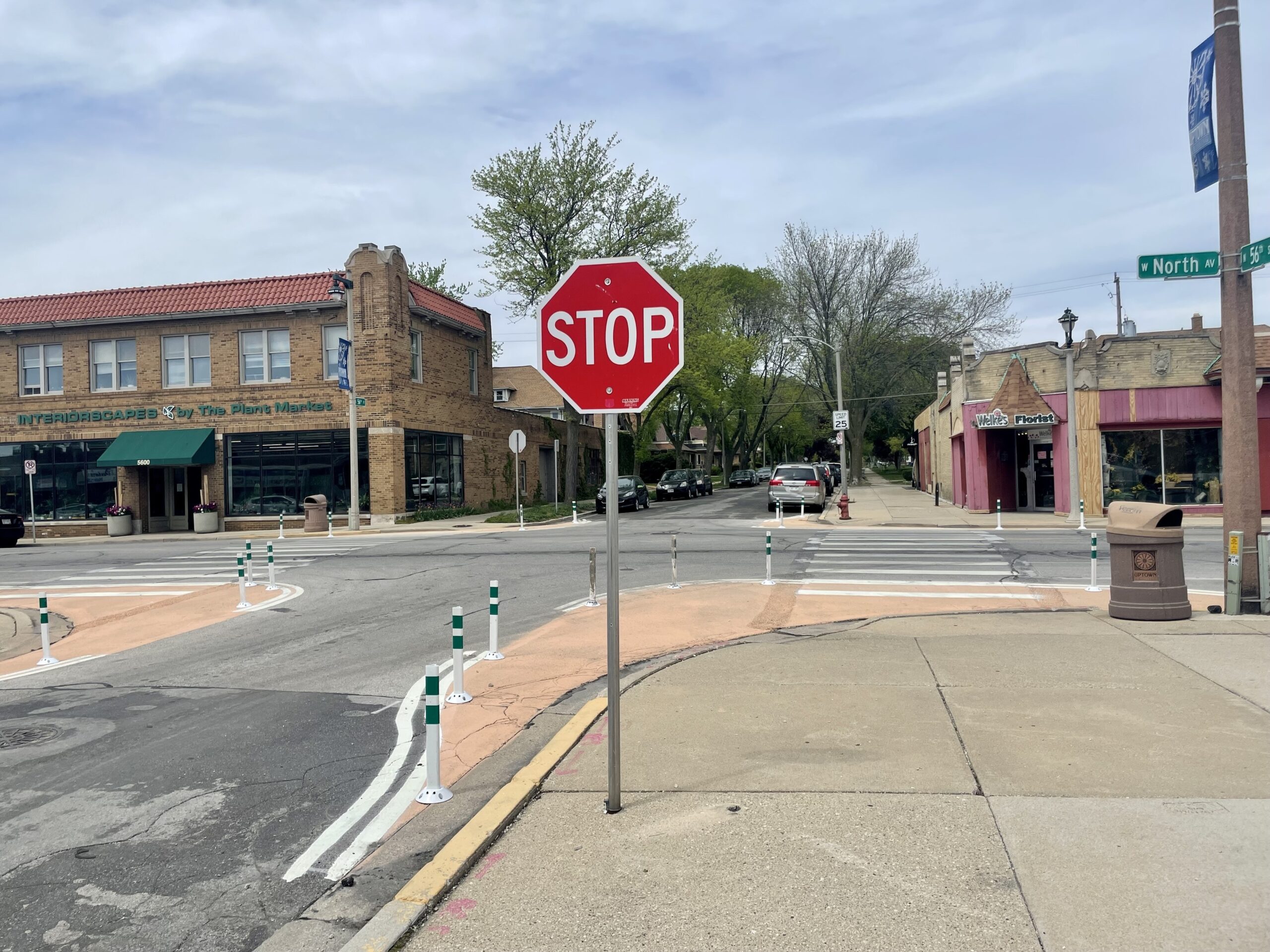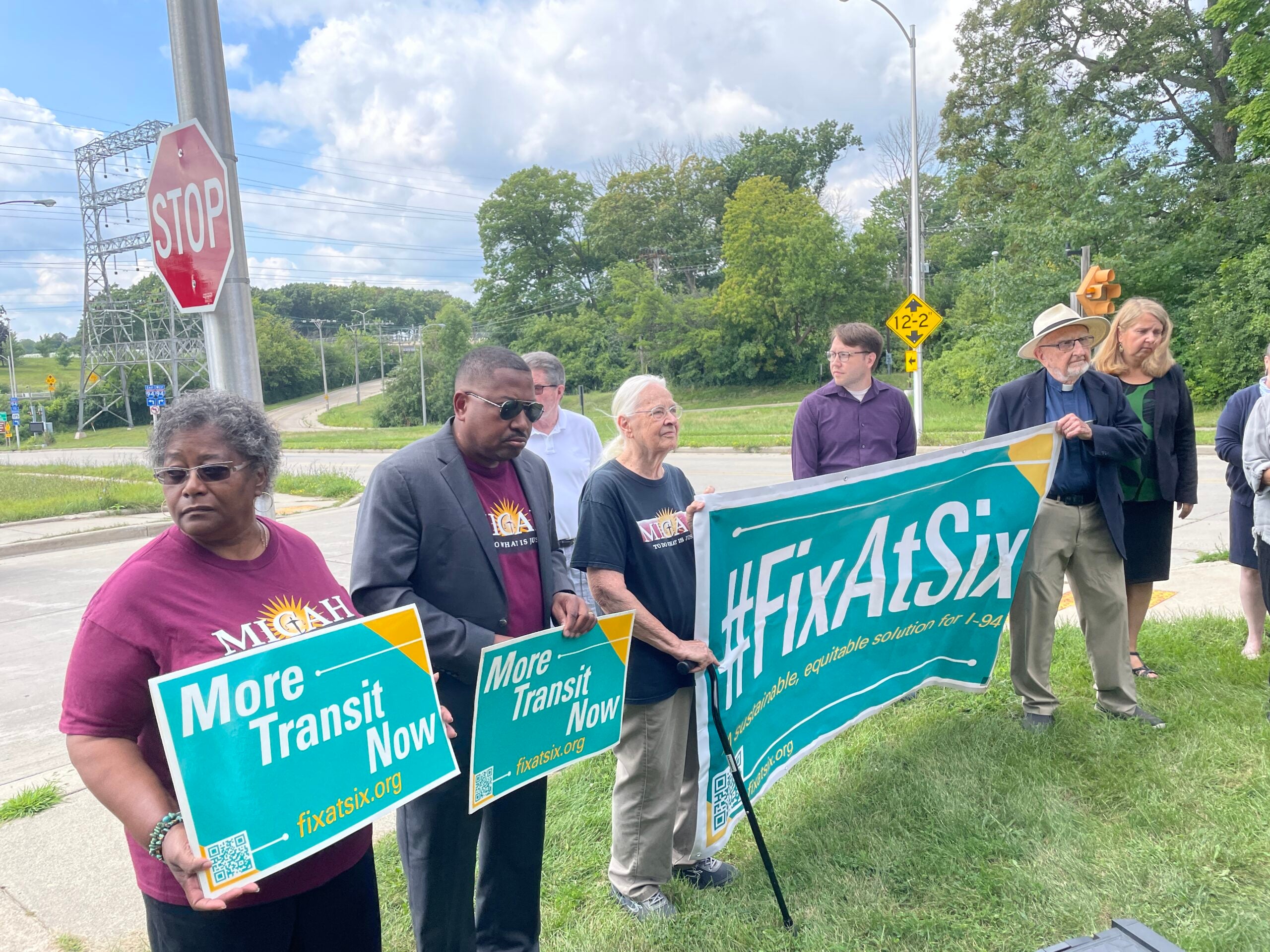Coulee Region Transportation Study-
After another year of planning in the decades-old issue of how to meet the region’s transportation needs in the city of La Crosse, stakeholders in the debate said not much progress seems to be being made.
The Wisconsin Department of Transportation launched the Coulee Region Transportation Study in 2015 after the DOT’s secretary questioned the need to keep $140 million dollars that the state has earmarked, but not allocated on a major transportation projects list statewide.
The issue has largely been dormant since the 1990s when voters in the city of La Crosse overwhelmingly rejected the idea of building a new north-south road through the heart of the city that would have had an impact on neighborhoods and the La Crosse River Marsh.
After hundreds of public comments after about 100 meetings in the past year, the DOT has come up with six different options. DOT Project Manager Andy Winga said they are strategy packages are designed to solve a myriad of issues with the city’s transportation.
“The roadway part of it seems to get an awful lot of airtime,” Winga said. “But there’s a tremendous amount of other things we are looking at to create these packages that include; looking at parking management, looking at park and rides, increasing transit, increasing bikes and peds. We took, from the department’s standpoint, a pretty aggressive approach with this study, and trying to figure out how much we can reduce some of that demand (for motor vehicle traffic) by utilizing some of these measures.
La Crosse Mayor Tim Kabat said he doesn’t hear many complaints about future transportation needs, rather he hears complaints about the current situation of the city’s roadways. He said there may be a more urgent need from the state of Wisconsin to worry about the current condition of the city’s roads, and by making improvements that would lead to more biking, walking and use of mass transit, the state may find future road expansion need projections to be much less.
Kabat credits DOT officials with taking a different approach to the issue, but he said the results are much the same as they’ve always been.
“There’s still not a consensus. We still have more work to do,” Kabat said. “From the city’s perspective, what we’re really focused on is the relationship and the importance of what transportation does to our economy and to the livability of our city and our neighborhoods and the fact that there just isn’t one single approach. I think that’s been part of the challenge.”
Opponents and supporters of building a new road through La Crosse also tend to agree that after a year of studying the issue using a new approach that a solution and agreement isn’t likely anytime soon if ever.
The group Livable Neighborhoods helped lead the charge against new road construction in the 1990s. President Charley Weeth said the current process has been a good discussion, but he also argues there is no “solution to a problem” to be had. He said many of the issues people want to see managed now involve land use decisions that were made decades ago by La Crosse’s forefathers, such as allowing neighborhoods to develop around still existing businesses.
“How do we make this work and educate everyone, employers, employees?” Weeth said. “A lot of it comes down to expectations. We are used to, in the city of La Crosse and this area, going wherever we want to go, and getting there in 10 or 12 minutes, and having free and convenient parking when we get there, and if we don’t have it, we expect the DOT to solve the problem for us just like that. Even if we expanded our roads with this $140 million, we’d still have the same expectations and the same challenges.
The La Crosse area Chamber of Commerce represents the interests of the business community in much of the Coulee Region. Executive Director Vicki Markussen said there’s no doubt many businesses feel they are losing money because traveling through La Crosse north and south remains inefficient. She said businesses want safe transportation for their employees, and lament the fact many neighborhoods have grown around them. Still, she doesn’t see much changing in the new planning process.
“People have the power to affect change, they just have to be willing to change, Markussen said. “The biggest problem in this conversation is people like their cars. You can put all the greatest pieces in place, but if people aren’t willing to change, we’re going to be continuing to have the same conversation over, and over, and over again.”
A final report on the Coulee Region Transportation Study could be completed by sometime in April, then the state DOT will have to make a decision by this summer if it’s worth going forward with more detailed study of the six alternatives. If all would go well, it could be at least another decade before the plan would be implemented.
by-John Davis
Episode Credits
- Hope Kirwan Host
- John Davis Producer
- Tim Kabat Guest
- Vicki Markussen Guest
- Charley Weeth Guest
- Andy Winga Guest
Wisconsin Public Radio, © Copyright 2025, Board of Regents of the University of Wisconsin System and Wisconsin Educational Communications Board.


